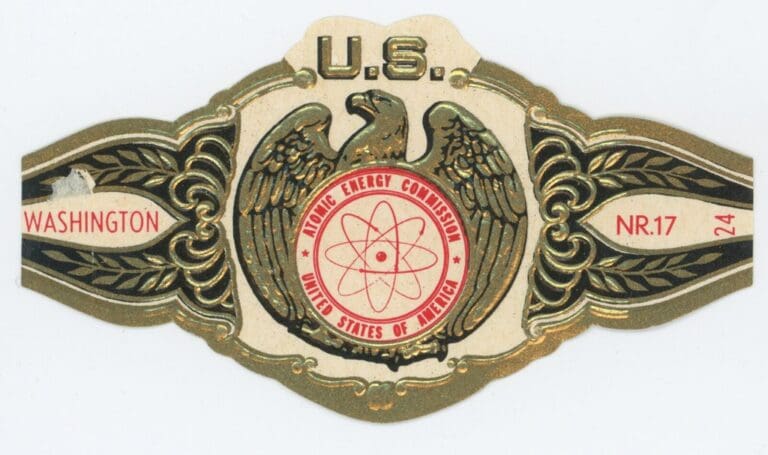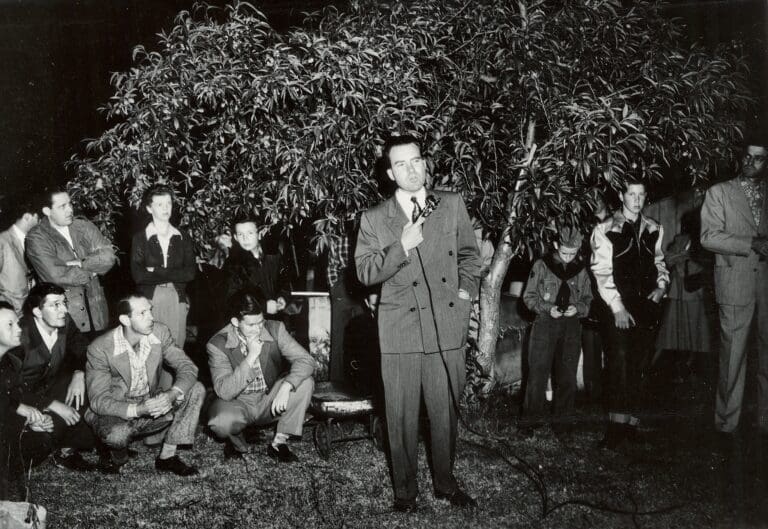Greed might be good in the movies, but in real life, it usually leaves a mess behind. Some companies just couldn’t help themselves, chasing bigger profits, fancier perks, or wild expansion plans until everything came crashing down.
From shady accounting to executives who thought the rules didn’t apply to them, the road to corporate ruin is paved with dollar signs and bad decisions. Let’s take a look at 15 times greed didn’t just hurt a business — it completely destroyed it.
15. Enron
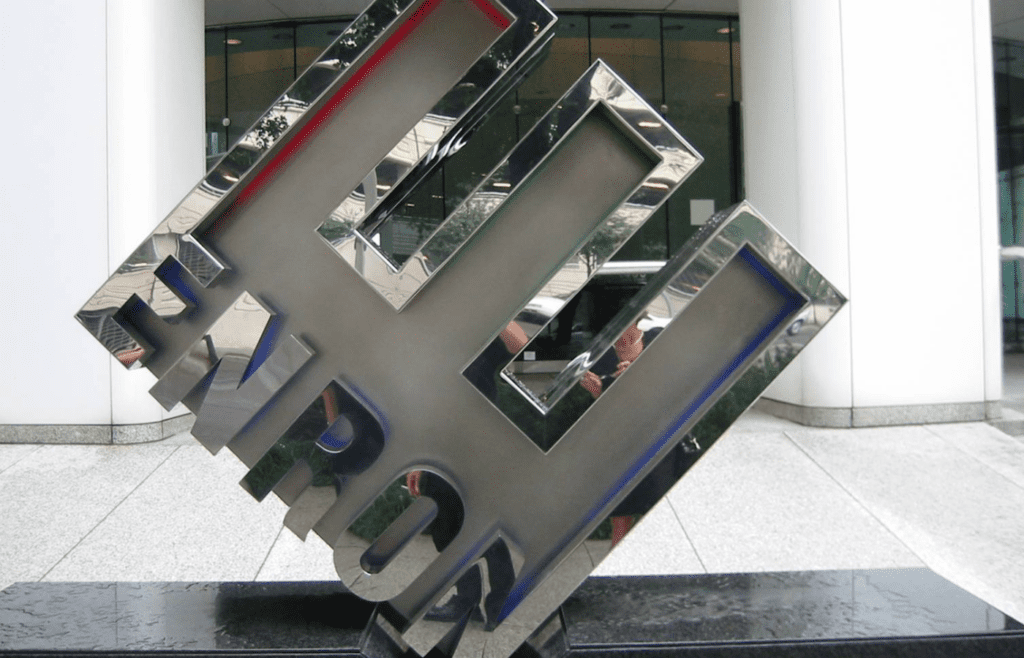
Enron’s leadership got way too comfortable cooking the books, thinking no one would notice. Spoiler alert: People definitely noticed, and it sparked one of the biggest scandals in history.
14. Lehman Brothers
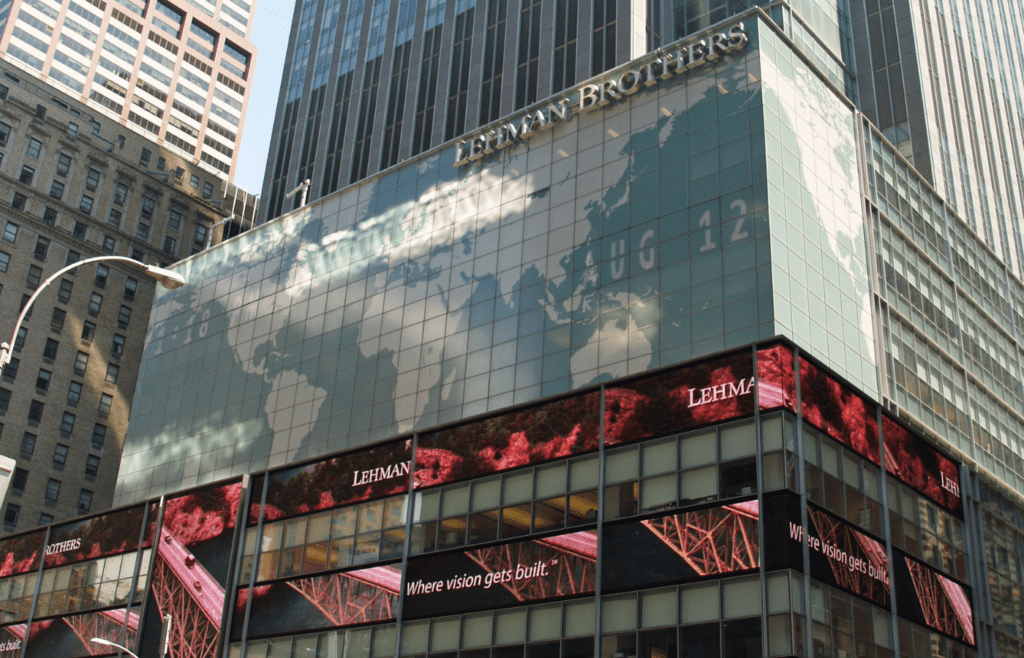
Wall Street’s risk-happy culture met its match with Lehman Brothers, which went all-in on bad mortgage bets. When the housing bubble popped, so did their century-old company.
13. Theranos
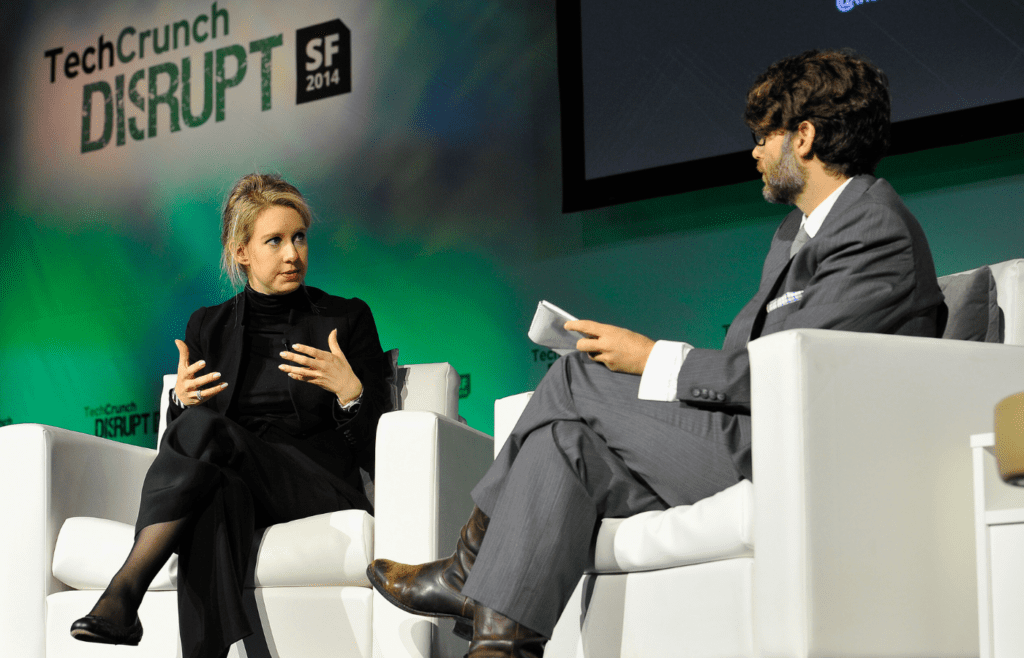
Theranos promised a revolution in blood testing but delivered a masterclass in overpromising and underdelivering. Greed for fame and fortune turned a startup dream into a courtroom drama.
12. Toys “R” Us
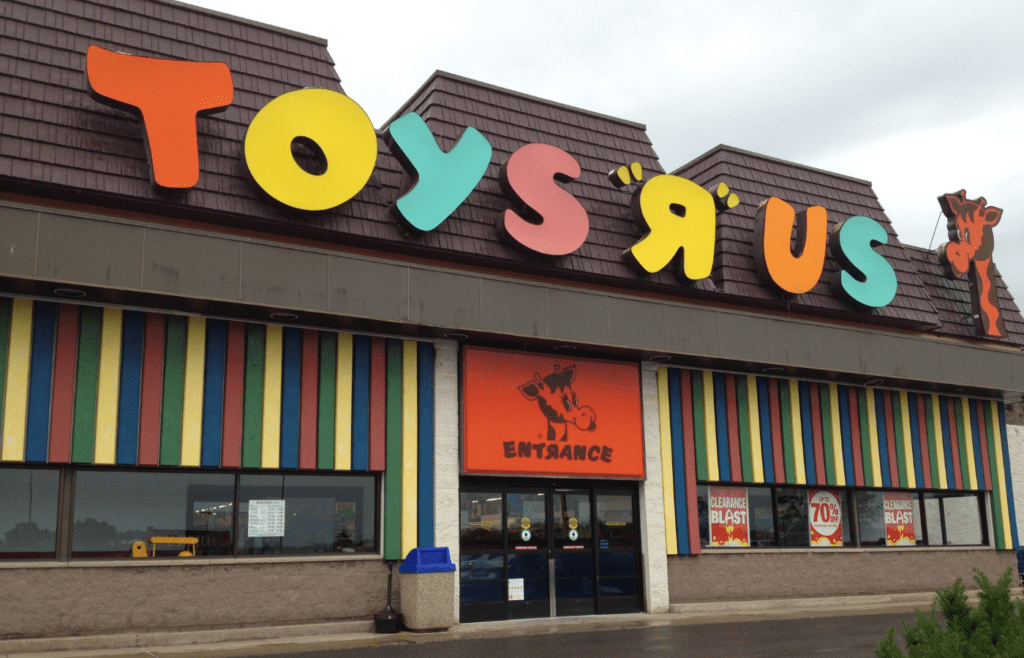
Toys “R” Us was buried under massive debt after a private equity buyout, which left little flexibility to compete with online retailers. It wasn’t just greed but a flawed financial structure that helped bring down the toy giant.
11. WorldCom
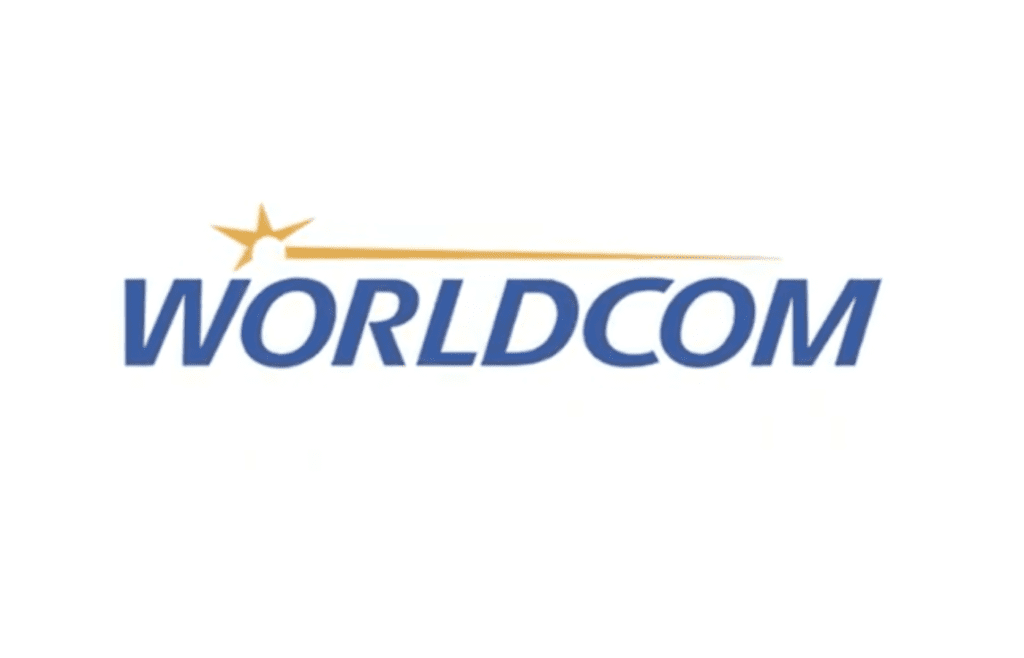
WorldCom thought the best way to look successful was to straight-up fake billions of dollars in revenue. The truth eventually caught up, wiping out investors and employees alike.
10. FTX
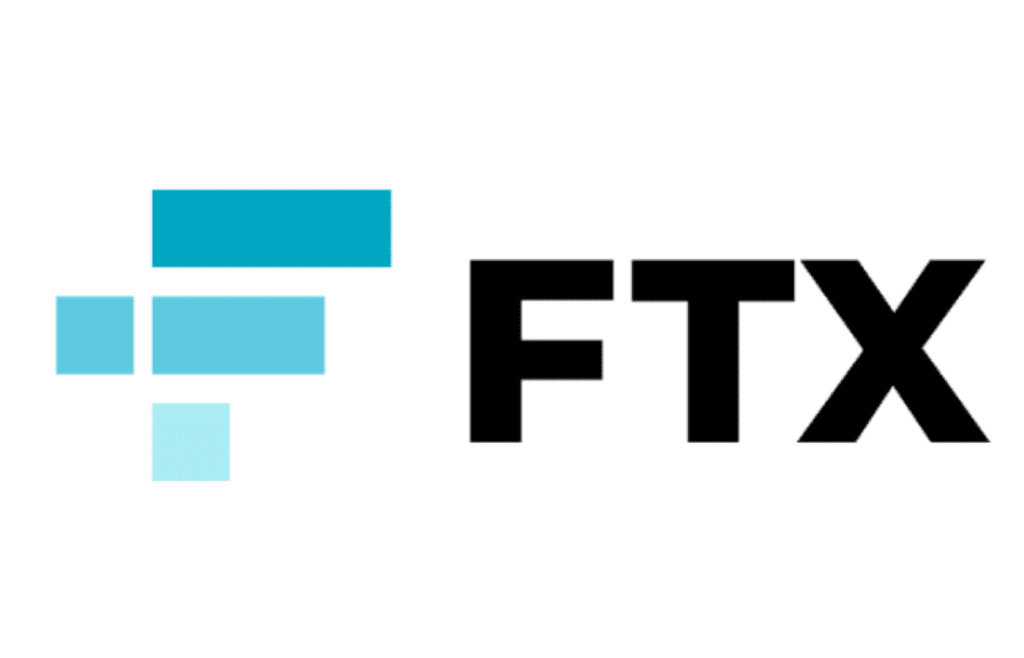
FTX’s leaders acted like they were invincible, moving customer money around like Monopoly cash. Turns out, playing fast and loose with billions will land you in way more than just bankruptcy court.
9. Blockbuster
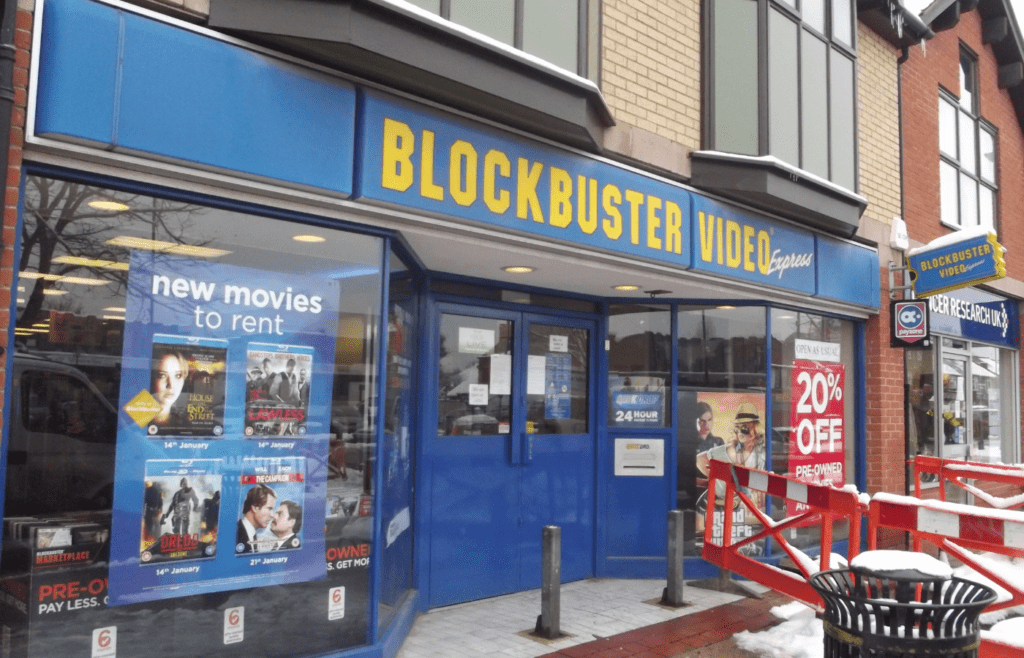
Blockbuster focused on short-term profits like late fees and ignored the shift toward digital streaming. It passed on acquiring Netflix and failed to adapt, sealing its fate in a changing entertainment landscape.
8. Countrywide Financial

Countrywide handed out home loans like candy at Halloween, with no regard for whether people could pay them back. Their greed helped kickstart the 2008 financial crisis and took them down with it.
7. Valeant Pharmaceuticals

Valeant tried to skyrocket profits by jacking up drug prices to outrageous levels. Patients, lawmakers, and the market all pushed back hard enough to send the company into a tailspin.
6. WeWork
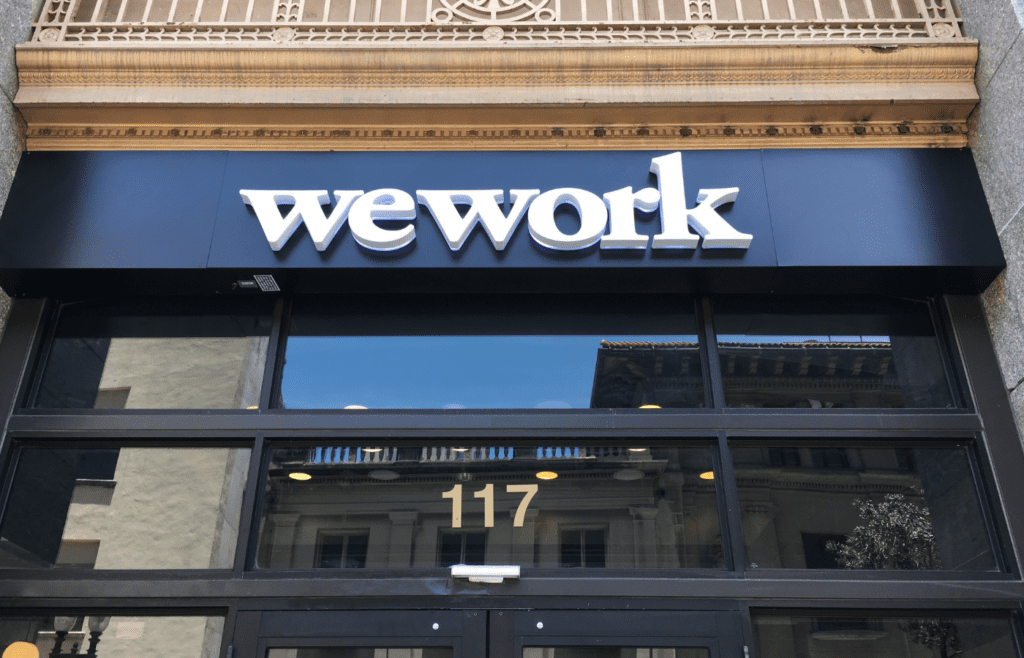
WeWork spent recklessly while selling the idea that it was a tech company, not just a shared office space provider. Lavish spending, weak governance, and inflated hype led to a dramatic collapse from a multibillion-dollar valuation.
5. American Apparel
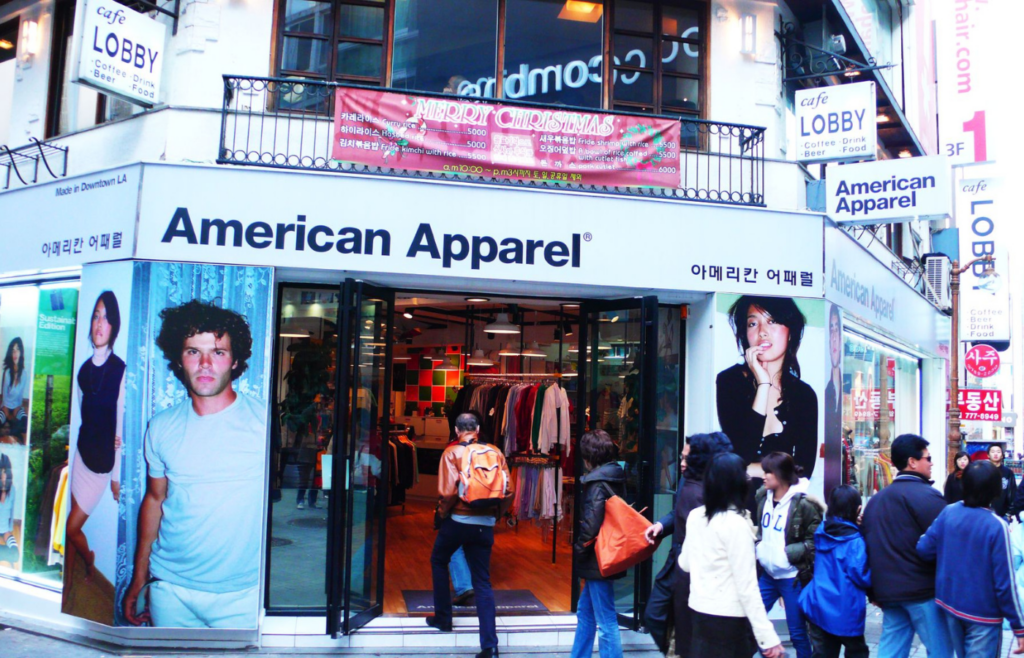
American Apparel’s founder let personal controversies and poor decisions drag down the brand’s image and operations. Rapid expansion without solid financial controls contributed to two bankruptcy filings.
4. Washington Mutual
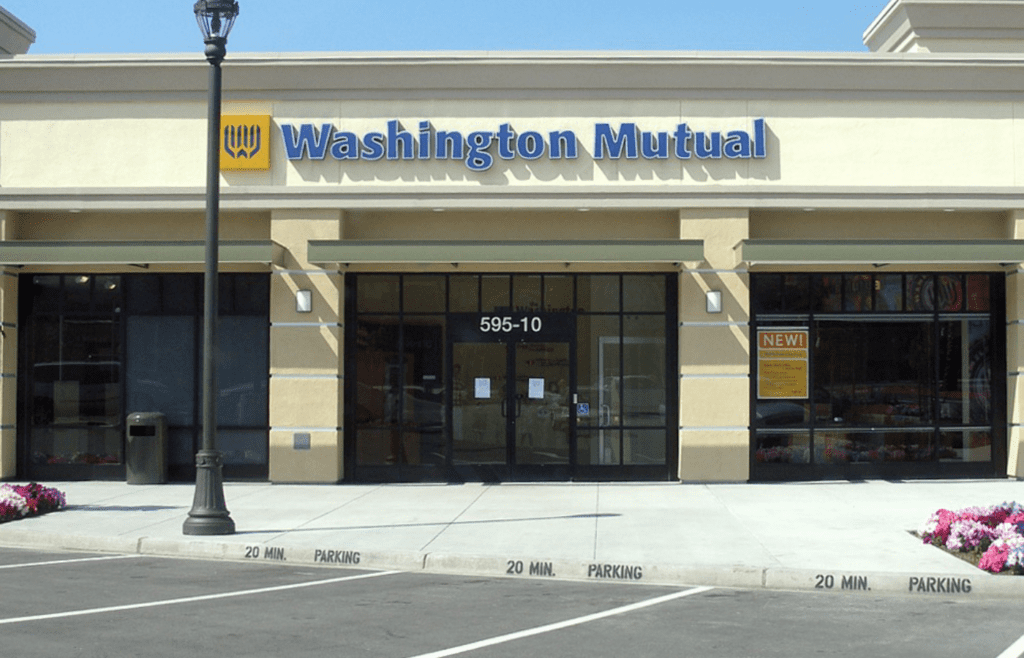
WaMu’s hunger for risky mortgage lending during the housing boom made it the largest bank failure in U.S. history. When the market turned, they didn’t just stumble — they imploded.
3. MoviePass
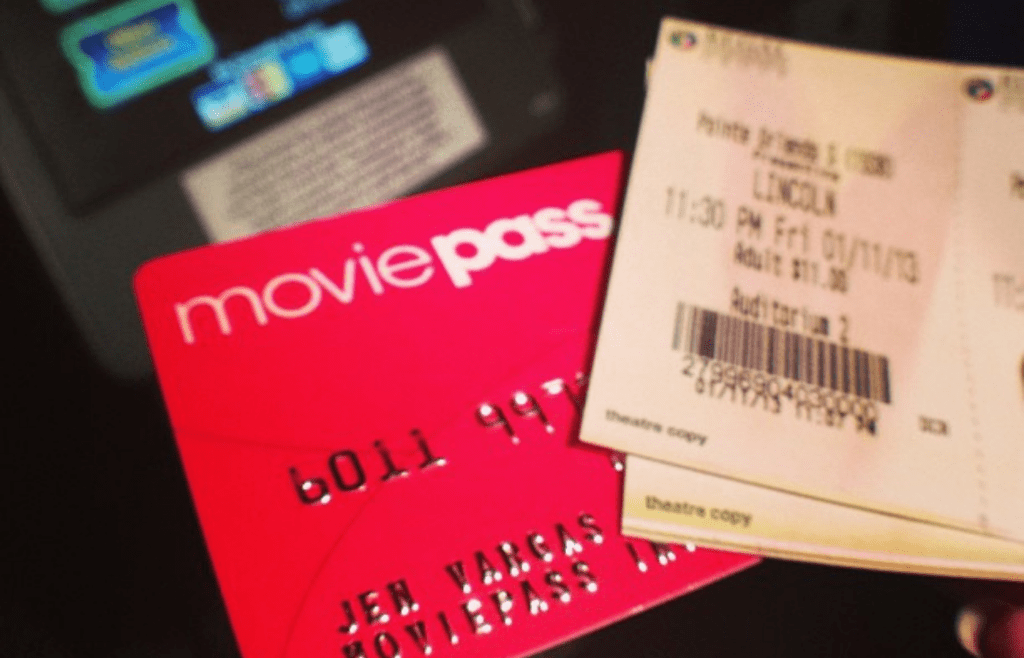
MoviePass offered unlimited movies for an unsustainable price, hoping scale would solve its problems. Greed for rapid growth without a clear revenue model led to financial collapse.
Read More: 30 Companies That Lost Money in Shockingly Stupid Ways
2. Pan Am

Pan Am expanded aggressively into international markets without a plan to remain profitable during industry shifts. Rising fuel costs and stronger competition grounded the airline for good.
Read More: 20 CEO Blunders That Turned Into Full-Blown Nightmares
1. Bernard L. Madoff Investment Securities

Bernie Madoff’s firm wasn’t a business — it was a Ponzi scheme fueled entirely by unchecked greed. It eventually collapsed in spectacular fashion, taking down countless innocent people’s savings with it.
Read More: Are Companies to Blame for Inflation?


